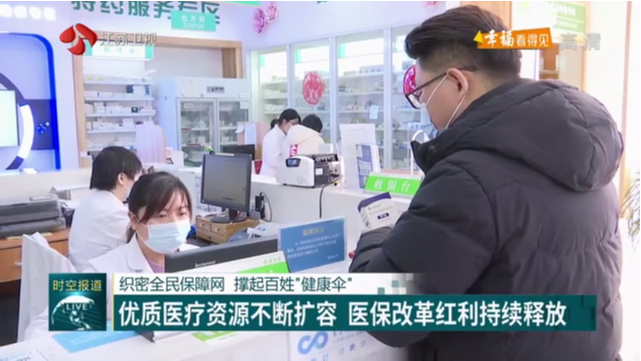East China’s Jiangsu province has spared no efforts to make high-quality medical resources accessible to all the people by deepening healthcare reform and alleviating the difficulty and cost of seeing doctors.
67-year-old Wang Xiujuan recently went to the community health service center in Hushu Sub-district, Jiangning District, Nanjing City for a post-surgery examination.
She was diagnosed with a kidney tumor in November last year and underwent surgery.
Wang Xiujuan now regularly visits the community health service center to complete the examination and follow-up treatment.
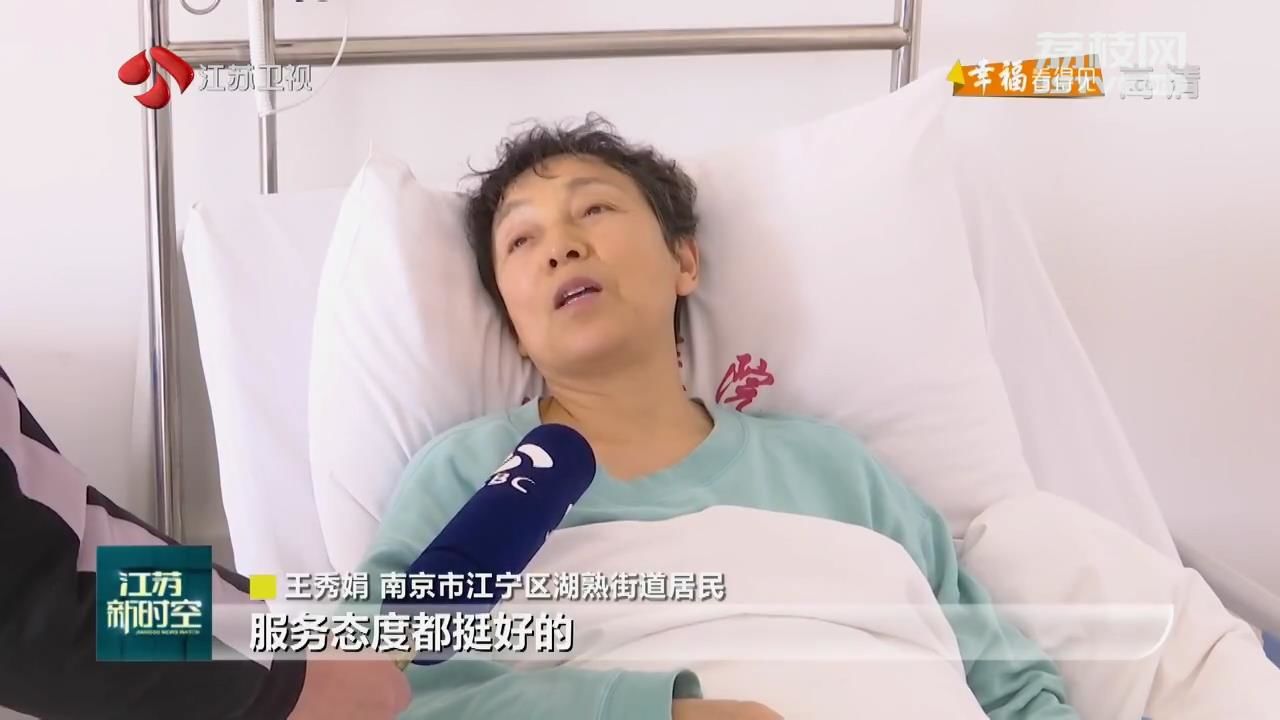
"The community health service center has good medical conditions and is very close to my home, so I am very relieved," said Wang.
Community hospitals can solve big problems, although they are of smaller size, said many people during an interview.
In recent years, Hushu Sub-district Health Service Center and Jiangning Hospital of Traditional Chinese Medicine have formed an alliance by posting experts from higher-level hospitals at outpatient clinics every week.
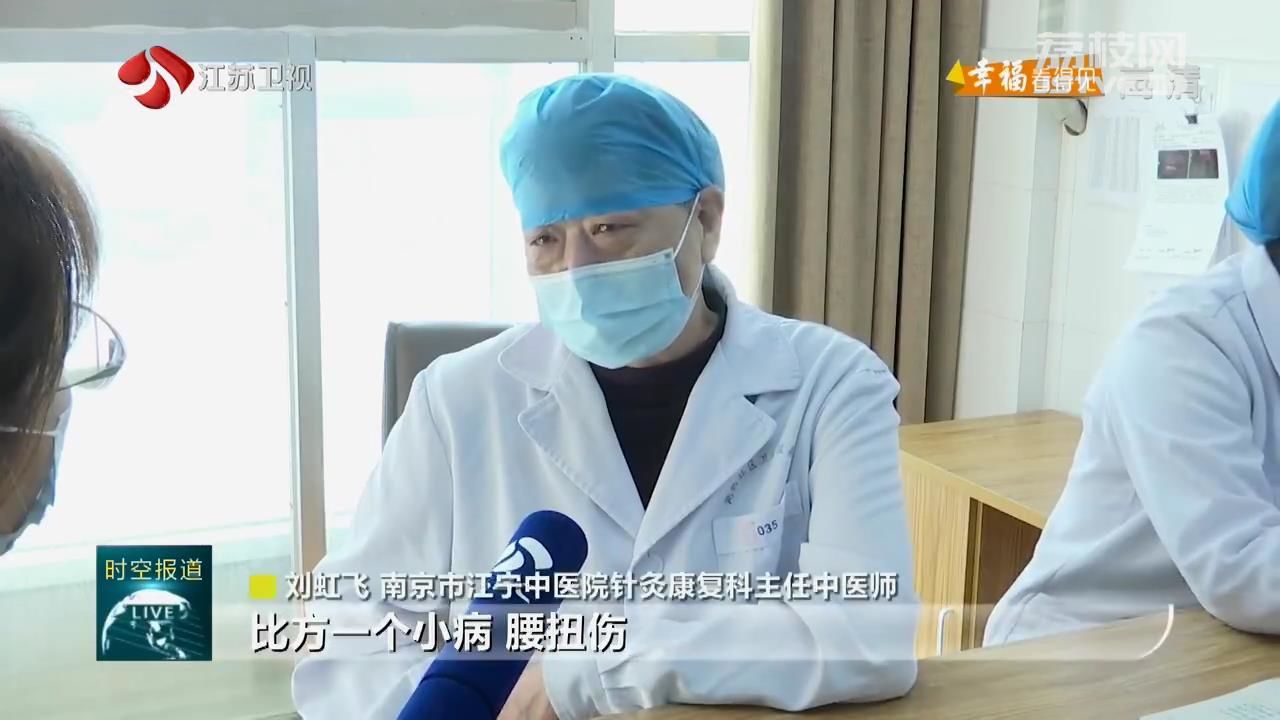
"For example, for minor diseases like a sprained waist, before acupuncture treatment was offered in community hospitals, patients could only go to hospitals in Jiangning or Nanjing," said Liu Hongfei, a director of the Department of Acupuncture and Moxibustion Rehabilitation, Nanjing Jiangning Hospital of Traditional Chinese Medicine.
In November last year, the Hushu Sub-district Community Health Service Center was appointed a rural regional medical center in Jiangsu Province by setting up clinics including internal medicine, surgery, gynecology, pediatrics and stomatology.
Despite the impact of the COVID-19 epidemic, in 2021, the hospital received 160 thousand patients in outpatient clinics, and performed many secondary and tertiary surgeries.
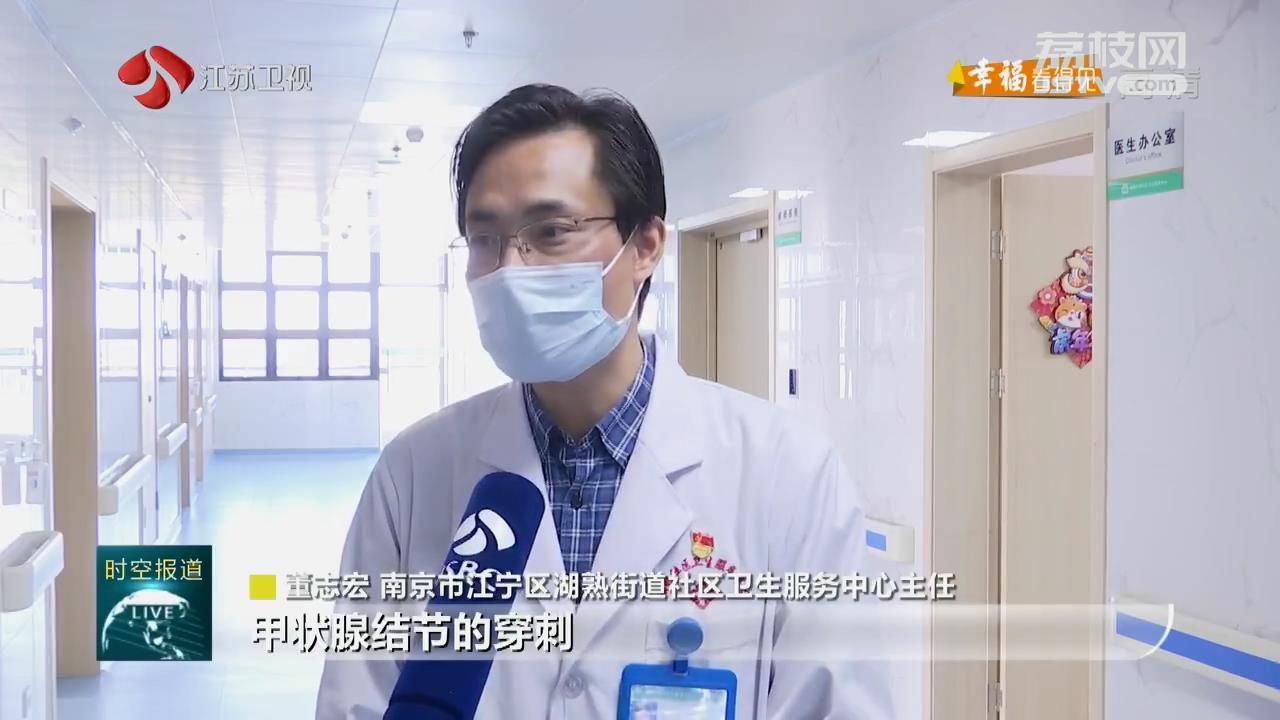
"We performed puncture of breast nodules, thyroid nodules and intervertebral disc herniation. Our goal is to allow nearby residents to enjoy homogeneous, high-quality medical services," said Dong Zhihong, the head of Hushu Sub-district Community Health Service Center.
Jiangsu added 67 national negotiated drugs to the new version of the National Medical Insurance Catalogue implemented earlier this year.
In the day ward of the Second Affiliated Hospital of Nanjing Medical University, a breast cancer patient was prescribed Eribulin at a low price, a direct result of the national drug price negotiation.
The patient had to pay for the drug at his own expense when he was admitted to the hospital in November last year. One course of treatment would cost 15 thousand yuan.
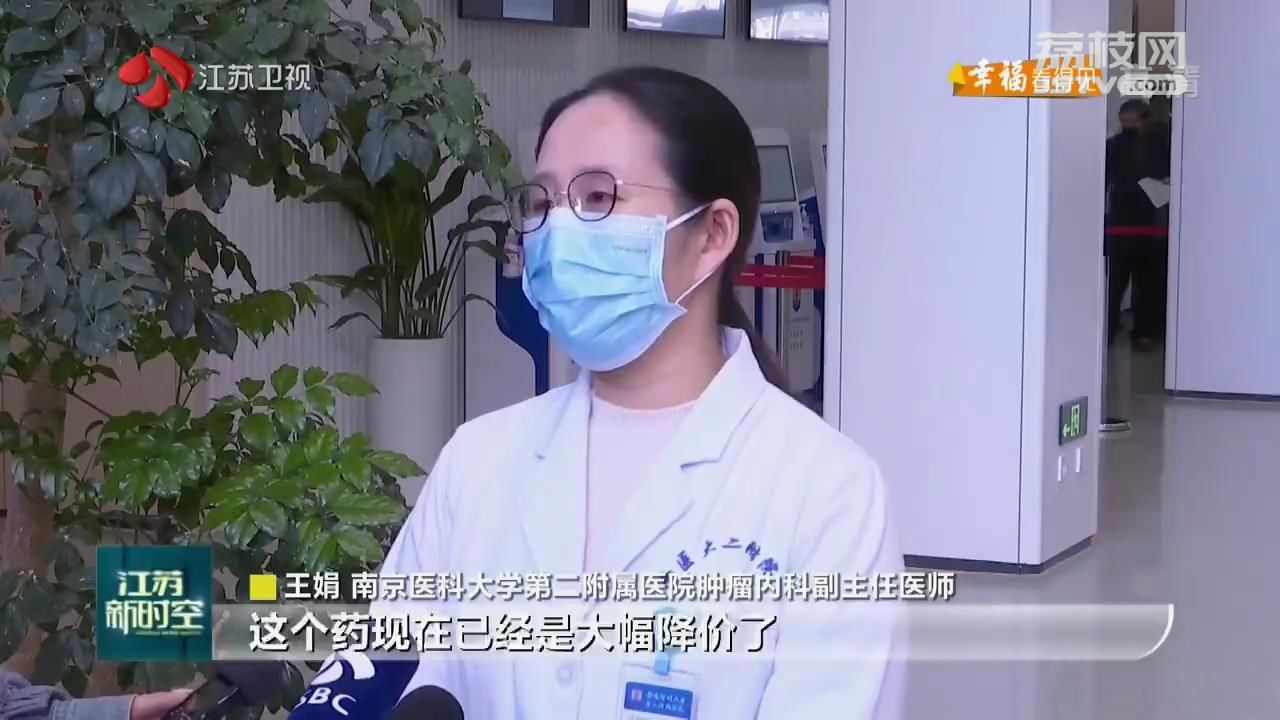
"This drug has become much cheaper. After medical insurance reimbursement, patients will pay about 700 to 800 yuan for a course of treatment," said Wang Juan, Deputy Chief Physician, Department of Oncology, the Second Affiliated Hospital of Nanjing Medical University.
At the same time, Jiangsu also innovated the establishment of a national negotiated price drug management mechanism last year by incorporating 167 kinds of higher-priced drugs.
Patients can choose to buy medicines from the nearest pharmacy and enjoy the same medical insurance reimbursement policy.
At present, the policy has benefited 14.55 million people, and Mr. Zhang, a citizen of Nanjing, is one of them. Because of his lymphoma, he needs to take a box of "orbrutinib tablets" of more than 3,500 yuan for a long time.
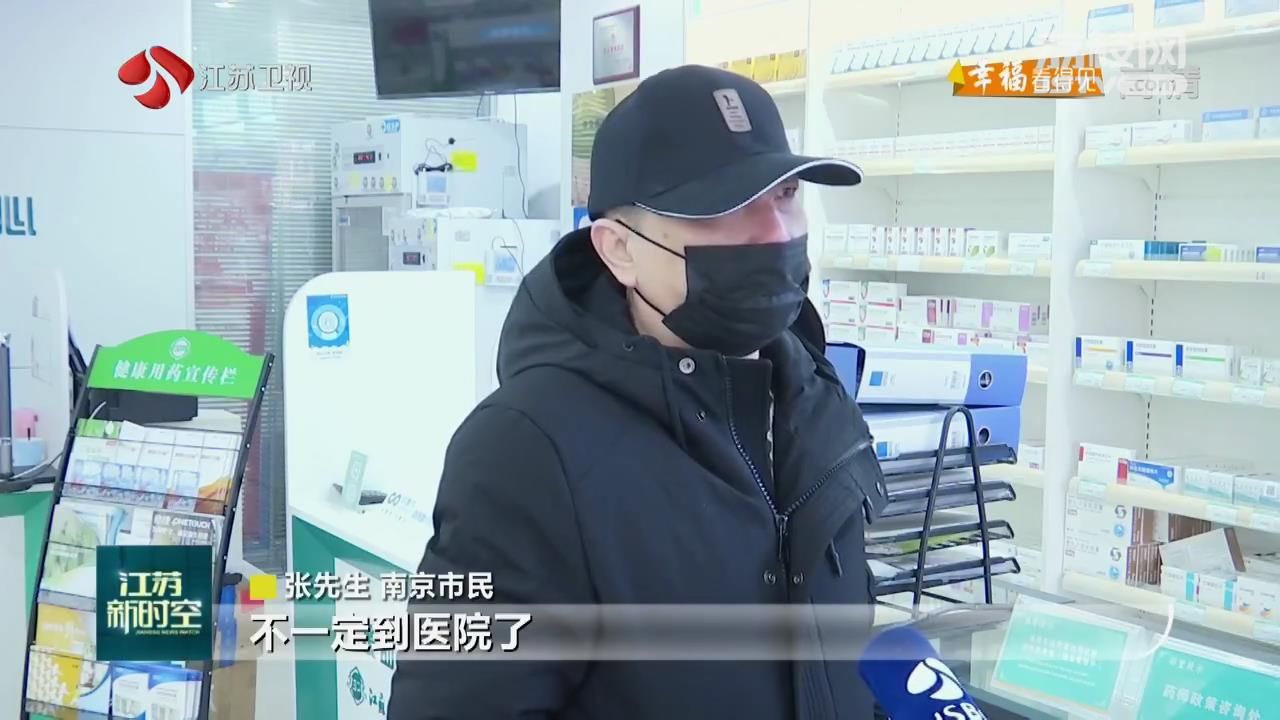
"Now I can buy this medicine at the pharmacy and I don't necessarily have to go to the hospital to prescribe it. The reimbursement rate is about 80%," said Mr. Zhang.
By the end of last year, Jiangsu had basically built 160 rural regional medical centers, taking the lead in the country. 33% of the province's primary medical and health institutions have established expert clinics, effectively attracting high-quality resources from medical communities and medical alliances to the grassroots communities.
The centralized procurement of medicines has significantly reduced the prices of more than 240 medicines and more than 2,000 consumables, saving more than 18 billion yuan.
In 2022, Jiangsu will build 40 rural regional medical centers, 132 provincial-level demonstration sites within a 15-minute walk in a bid to ensure people's health in an all-round and full-cycle manner.
